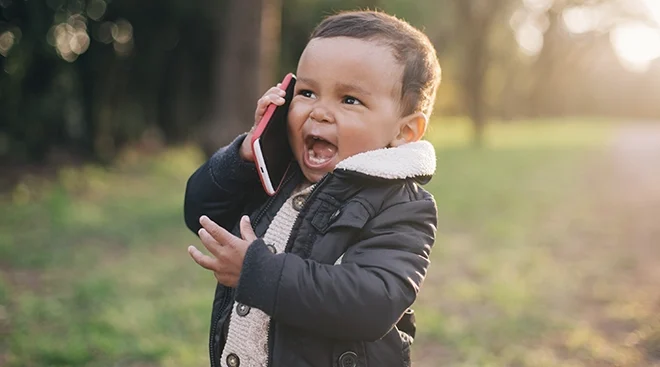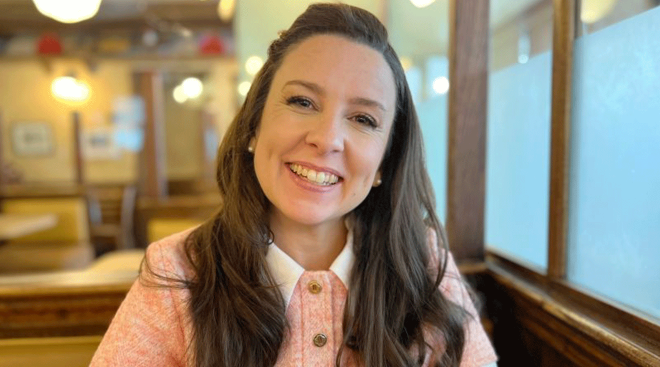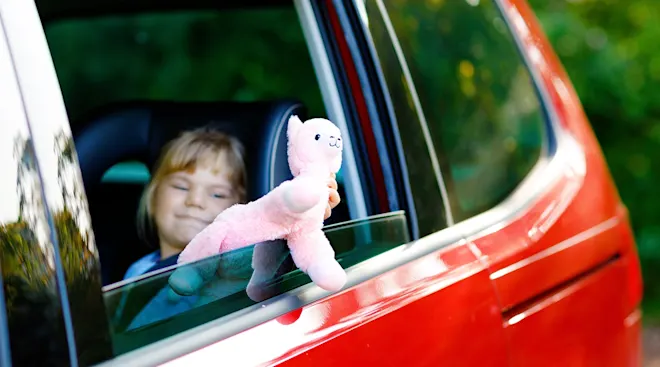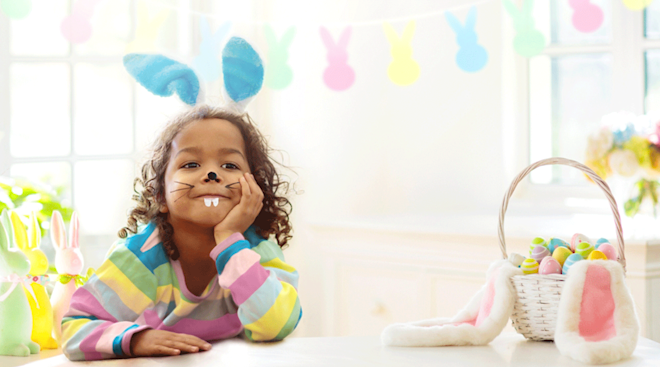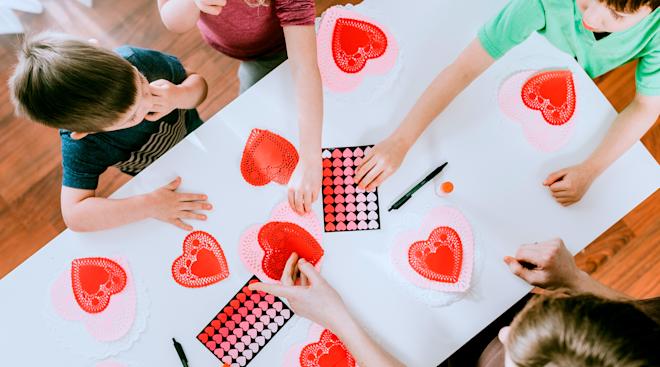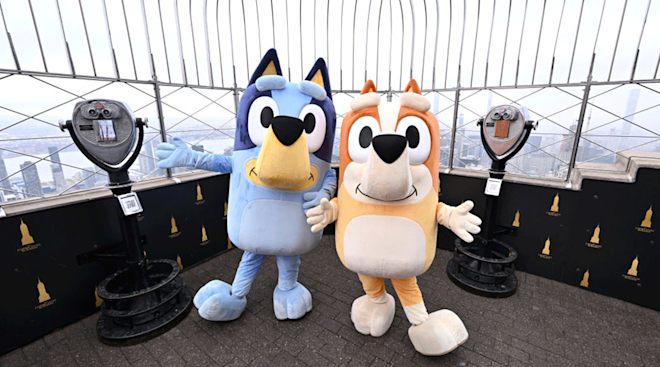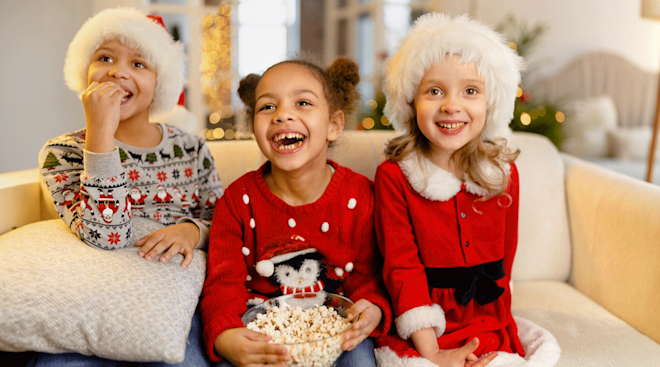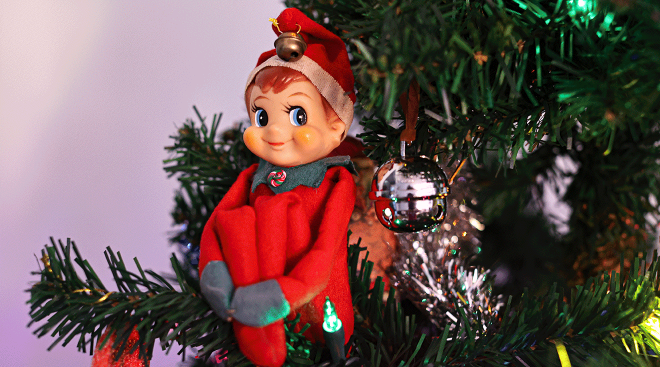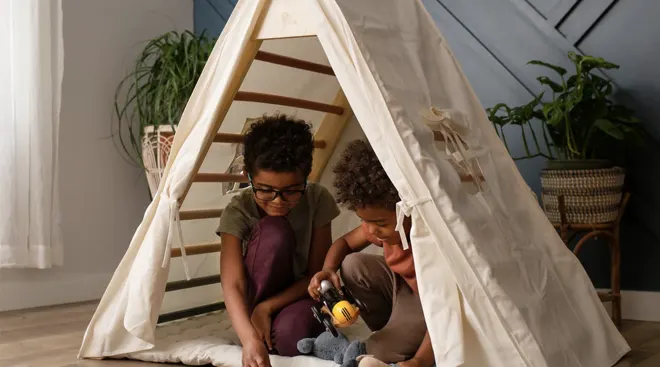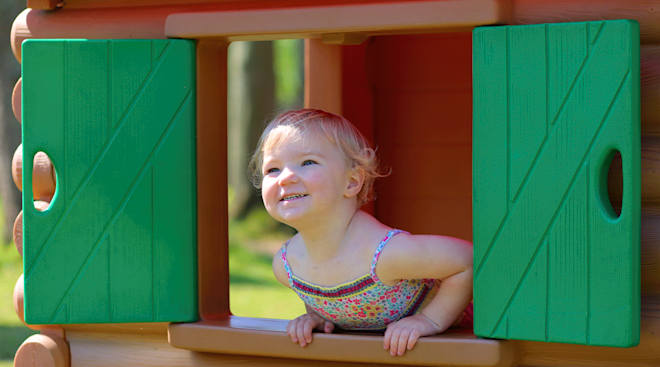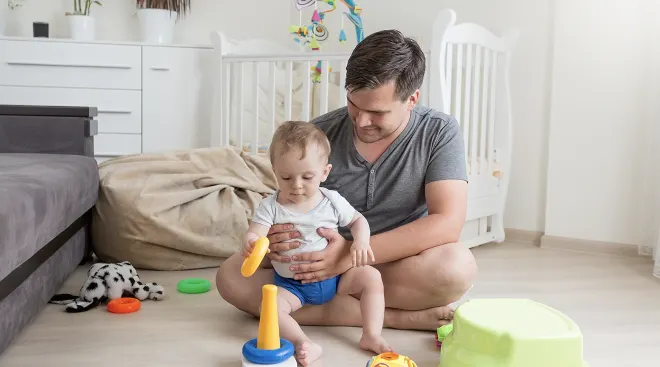Why It’s Important to Engage in Baby’s Babble
A new study suggests that even before baby forms their first words, it’s crucial to engage with their baby babble. Those tiny “Coos,” ”ahhs,” and “da da das” aren’t just baby ramping up their motor skills; it’s how baby first learns the structure of communication.
Published in Developmental Science earlier this month, Cornell researchers concluded that infants as young as three to five months understand the sounds they make affect others—even before they learn to talk. Your reaction to this baby babble teaches your little one that what they say, even if it’s not comprehensible, matters.
“A baby’s babbling functions as a tool, to probe the social world and figure out who to pay attention to,” said Michael Goldstein, a professor of psychology in the College of Arts and Sciences in an interview with the Cornell Chronicle. “Babies don’t have unlimited energy or attention; a great strategy is to throw immature behaviors out there and see what comes back.”
In the study, researchers observed 2-month-olds and 5-month-olds play with their caregivers and an experimenter. After a minute of face-to-face play, the experimenter stopped responding to the infant, instead giving a neutral “still face” for two minutes.
The 2-month-olds showed no change in babbling, most likely because they hadn’t had many interactions yet, but the 5-month-olds responded strongly, with a burst of intense babbling, followed by a cessation of babbling, or what’s called a “vocal extinction burst.”
A vocal extinction burst is surprisingly something that happens in our adult lives too. “When the elevator doesn’t show up when you think it should, you’re likely to press the button more, or to press other buttons,” Goldstein said. “You’re frustrated because your prediction wasn’t fulfilled, so your exploratory behavior increases – you do more stuff.”
Lead author of the study Steven Elmlinger explains that the amount of “bursts” that happen largely depend on baby’s everyday interactions with their caregivers. The more you respond positively to babbling, the more likely baby will “burst” because they have accumulated more evidence that their vocalizations are socially effective, and they now have stronger expectations that people will respond to their babbling.
So keep the chatter up! It could be an important part of your baby’s social future.
Navigate forward to interact with the calendar and select a date. Press the question mark key to get the keyboard shortcuts for changing dates.

































